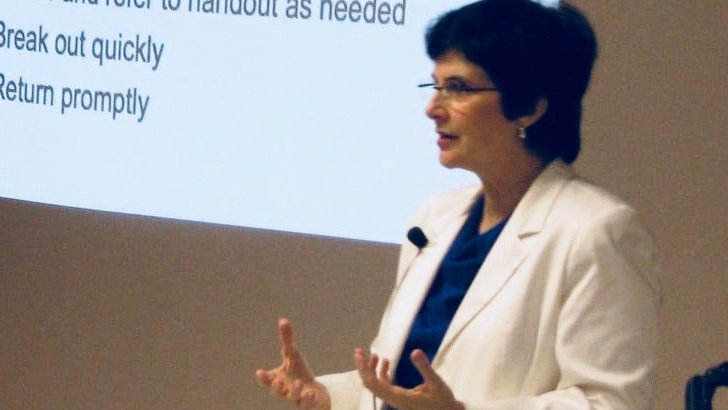I had to share this story from “The Good News Network. (Be patient; it takes awhile to load.) It concerns a young American, Amy Biehl, who went to South Africa toward the end of the anti-apartheid movement, just before Nelson Mandela became president. She joined with black citizens to improve conditions in the townships. While traveling with a couple of co-workers, Amy was mistaken for a “privileged white settler” by some young men, geared up from a rally they’d just attended. Though her colleagues tried to convince the men that Amy was a comrade, they killed her.
Amy’s parents went to South Africa and saw for themselves the conditions their daughter had been working to correct. They pitched in to continue Amy’s work, and were able to inject capital to do even more. They thought forgiving their daughter’s killers was the easy part. They agreed with what I wrote in “Be a Gift to the World”:
But is forgiving others a gift to the world? Might it lead people who’ve hurt you to believe it’s okay to repeat the hurtful behavior?
Not if we understand what forgiveness really means. Forgiving doesn’t mean thinking or saying the offensive behavior was okay. It doesn’t mean you must let the offender back into your life. You don’t even have to express forgiveness to the offender because you don’t forgive for the sake of the offender. We forgive others for our own sakes.
Forgiveness simply means letting go of any grudge, ill will or urge to teach someone a lesson. We do it for ourselves because we’re the ones who suffer from carrying grudges.
Amy’s parents correctly noted that reconciliation was much harder than forgiving. They were amazed when, per Bishop Desmond Tutu’s Truth and Reconciliation Commission, two of Amy’s killers, when they got out of prison, drummed up the courage to approach the Biehls. I bet meeting those men was almost the hardest part of that mom’s and dad’s experience, second only to losing their daughter. But they took the plunge, and in the end, they got a great deal of satisfaction from helping the men lead better lives. The reconciliation benefited all concerned.
When the current political crisis in the U.S. eases up–and I am convinced that it will–there will be angry, embittered people. But there will be many, many more who would like to reconcile with us but who hesitate to make the first move. If we can summon the courage to make the move, we can ultimately make our own country a better place. Again, I urge you to read the whole story linked above and learn the details of how the Biehls did just that.


That is an extraordinary true story. It proves what you said. Forgiveness leads to a better life. Thanks! JB
Yes. It’s hard for me to imagine doing what those parents did. I hope that reflecting on it will make it easier for me to forgive the little things that sometimes loom so large, but aren’t.